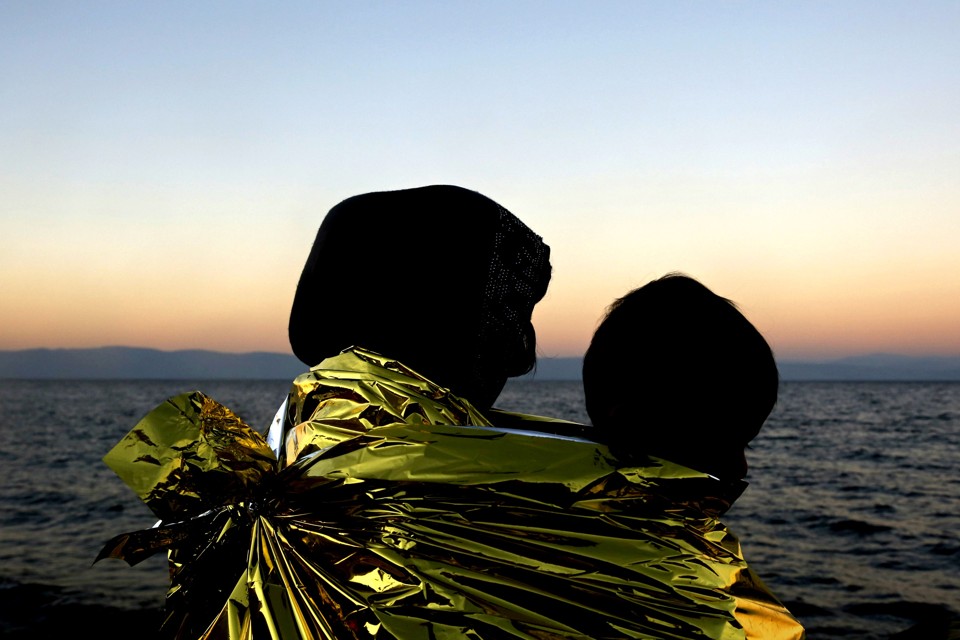BLACKEAGLE
SENIOR MEMBER

The World Events That Mattered Most in 2015
China built islands, Putin attacked Syria, and refugees flooded Europe.
10. The Saudis Intervene in Yemen
Saudi Arabia launched air strikes in late March against its neighbor Yemen with the help of nine other, mainly Arab, countries. The move came after Houthi rebels captured Yemen’s capital Sanaa and drove Yemeni President Abdu Rabbu Mansour Hadi into exile in Saudi Arabia. The Houthis, who belong to a minority Shiite sect, receive support from Iran, Saudi Arabia’s mortal enemy. The Houthis also have the support of forces loyal to former Yemeni President Ali Abdullah Saleh, who was ousted during the Arab Spring and who once had good relations with Riyadh. The Saudi-led intervention put the United States in a bind. Washington feared that the intervention could become a quagmire and worried that al-Qaeda in the Arabian Peninsula (AQAP), an enemy to the Houthis as well as the United States, would benefit from the ensuing chaos. But the desire to prevent a rift with Riyadh prevailed, and Washington provided intelligence information, weapons, and aerial-refueling capabilities while urging the Saudi-led coalition to minimize civilian casualties. The civilian toll in Yemen has nonetheless been substantial, as air strikes and a maritime blockade have intensified Yemen’s many existing problems. As predicted, AQAP has used the fighting to its advantage, as has ISIS. In a potentially positive development, a seven-day ceasefire went into effect this month so that peace talks could begin.
9. China Builds Islands in the South China Sea
China claims much of the South China Sea—the bulk of which lies far from the Chinese mainland—through its so-called nine-dash line. Beijing is trying to give substance to its claims, which the five countries with coastlines on the sea vigorously dispute, by creating artificial islands around reefs and submerged rocks. It is in turn building airstrips and military installations on the newly formed islands. The United States takes no position on the merits of China’s claims in the South China Sea. But the U.S. insists China’s claim that the 12-mile zone around these new islands constitutes its territorial waters has no basis in international law. Washington—and most governments in Southeast Asia—worry that Beijing will eventually use the new islands to choke off freedom of navigation in the area. In October, after repeated official statements about how “the United States will fly, sail, and operate wherever international law allows,” a U.S. Navy destroyer sailed through waters China claims as its own in a freedom-of-naval-operations (FONOPS) mission. China protested the maneuver as “a very serious provocation politically and militarily.” The stakes in the dispute are enormous. More than $5 trillion in trade passes through the South China Sea each year, and its waters contain rich fisheries and potentially vast oil and mineral deposits. And then there is the question of whether China will supplant the United States as the dominant power in the region.
